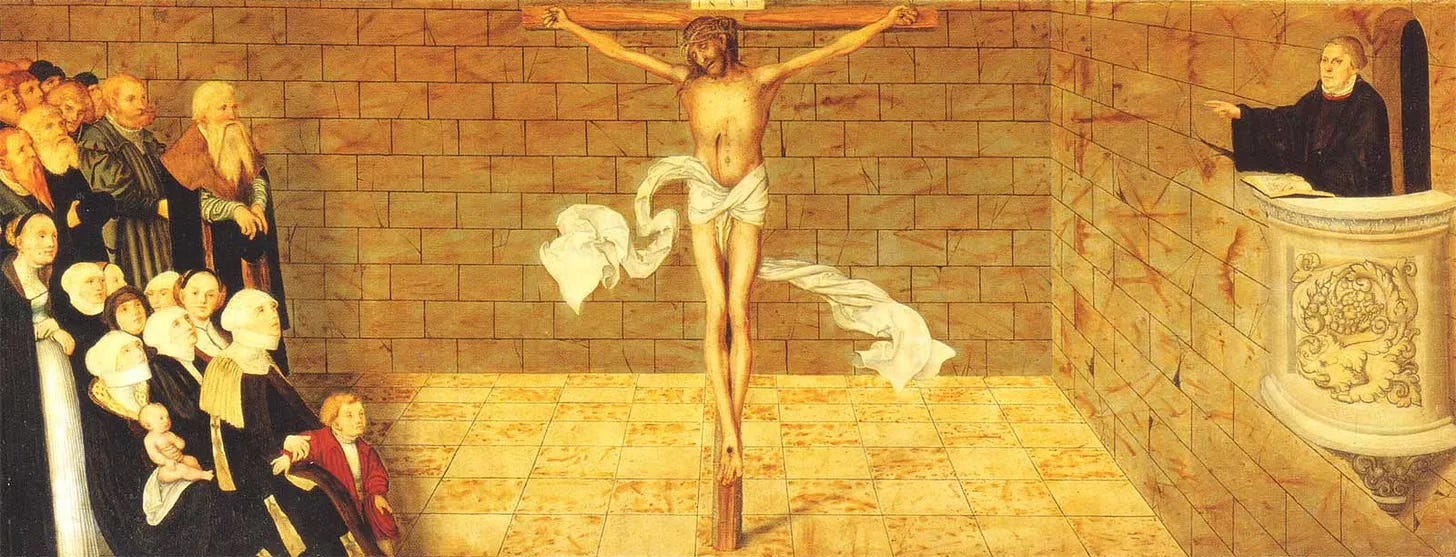Show Notes
Summary
This conversation delves into the theological insights of Martin Luther, particularly focusing on his sermon delivered on Christmas Day in 1519. The discussion explores the distinction between the gospel and other texts, the concept of sacraments, and the relationship between law and gospel. It emphasizes the importance of understanding the hidden and revealed God, the nature of faith, and how these elements intertwine to provide comfort and assurance to believers. The conversation also touches on the implications of Luther's teachings for contemporary Methodism and the nature of communion.
Takeaways
Luther's sermon on Christmas Day emphasizes the significance of Christ's incarnation.
The gospel is fundamentally different from other inspirational texts.
Sacraments are seen as means through which God conveys grace.
The distinction between law and gospel is crucial in understanding Luther's theology.
Faith is not merely belief but trust in the promise of the gospel.
The hidden God cannot provide comfort; only the revealed God can.
Luther's understanding of communion differs from modern Methodist views.
The promise of God is present and sustaining in every moment.
Luther's theology aims to comfort sinners and provide assurance.
The proper application of the pronoun 'for you' is essential to faith.
Sound Bites
"It's not just Mary's baby, it's your baby."
"The promise is right next to you, sustaining you."
"Faith is trust that when Jesus does X or Y, it's for you."















Share this post